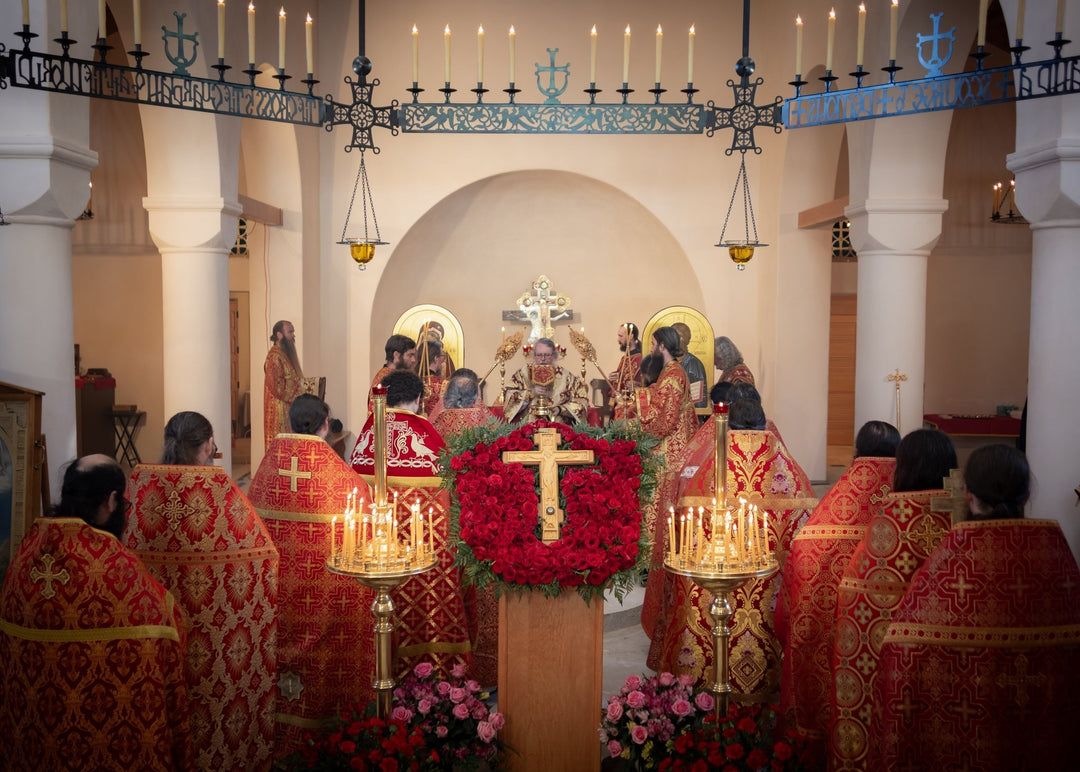Sermons & Homilies
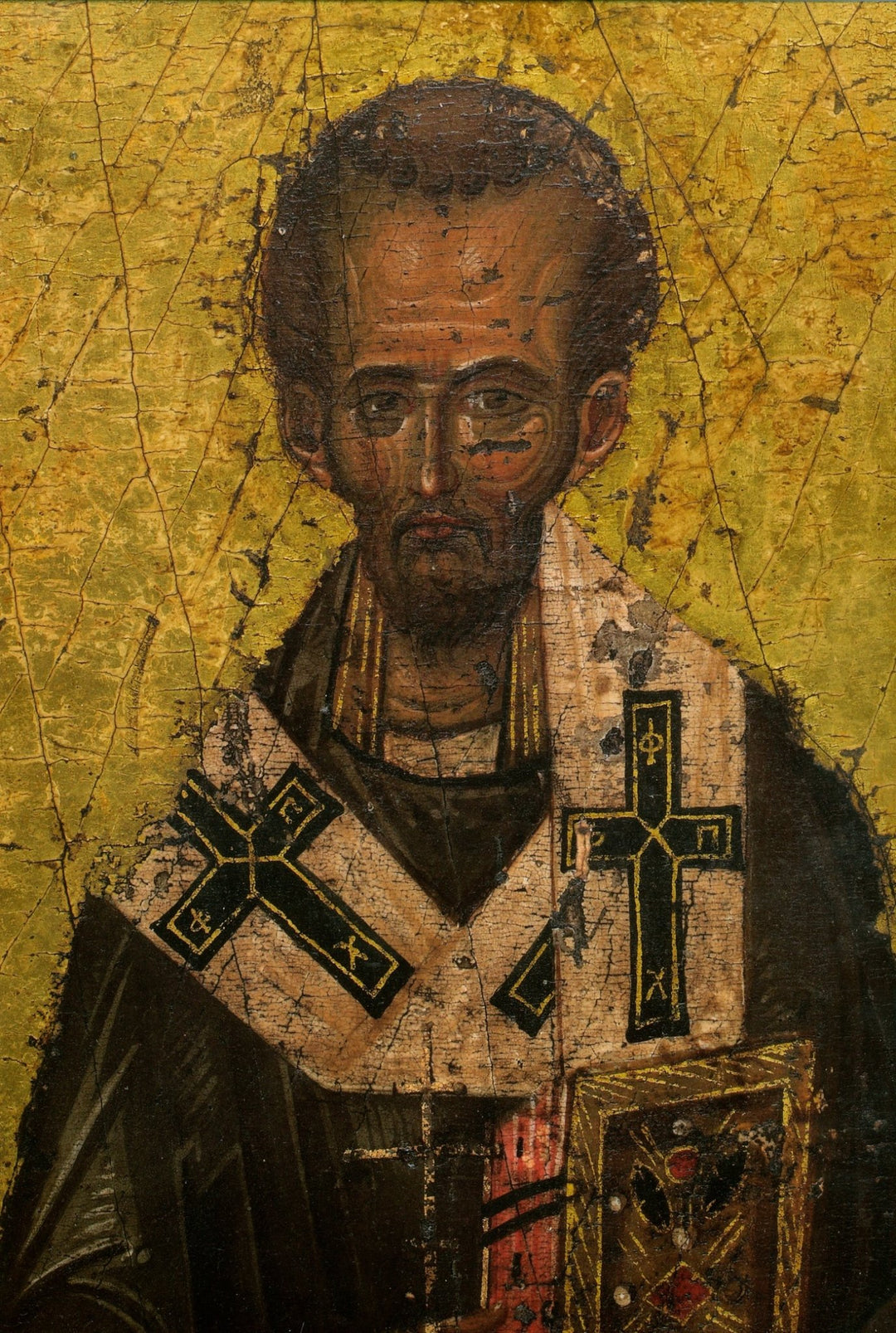
What I undertake, St. John says, is to prove that no one of those who are wronged is wronged by another, but experiences this injury at his own hands.
Continue reading
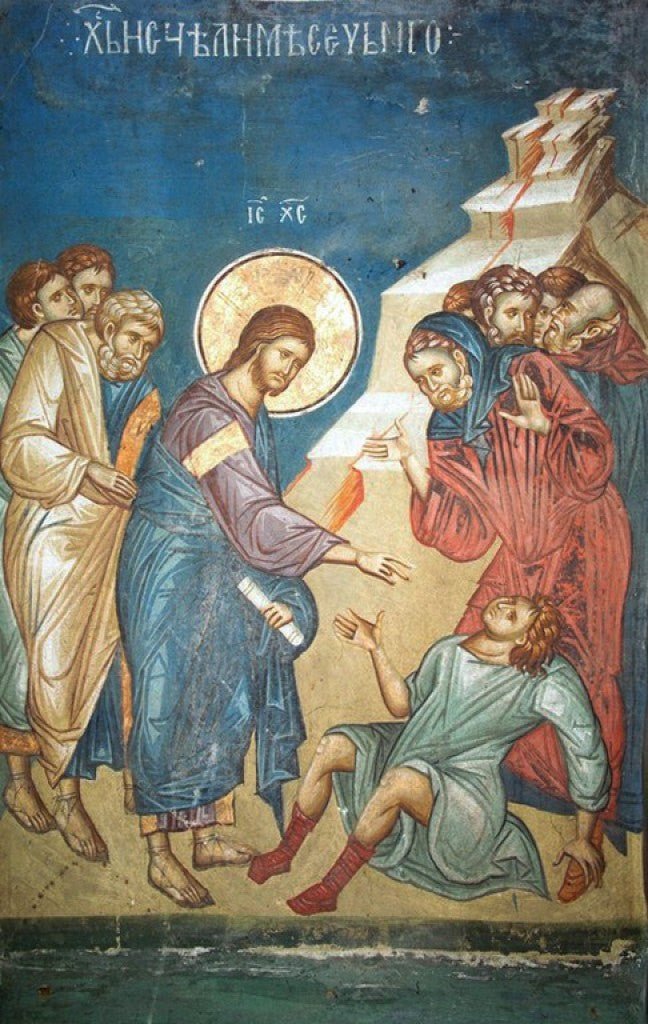
Our faith can only reach full maturity in the crucible of the desert, in droughts of consolation, in periods of dryness and doubt. If we fail to engage in the struggle of prayer and fasting as the Lord urges us to do, then we will ultimately succumb to unbelief.
Continue reading
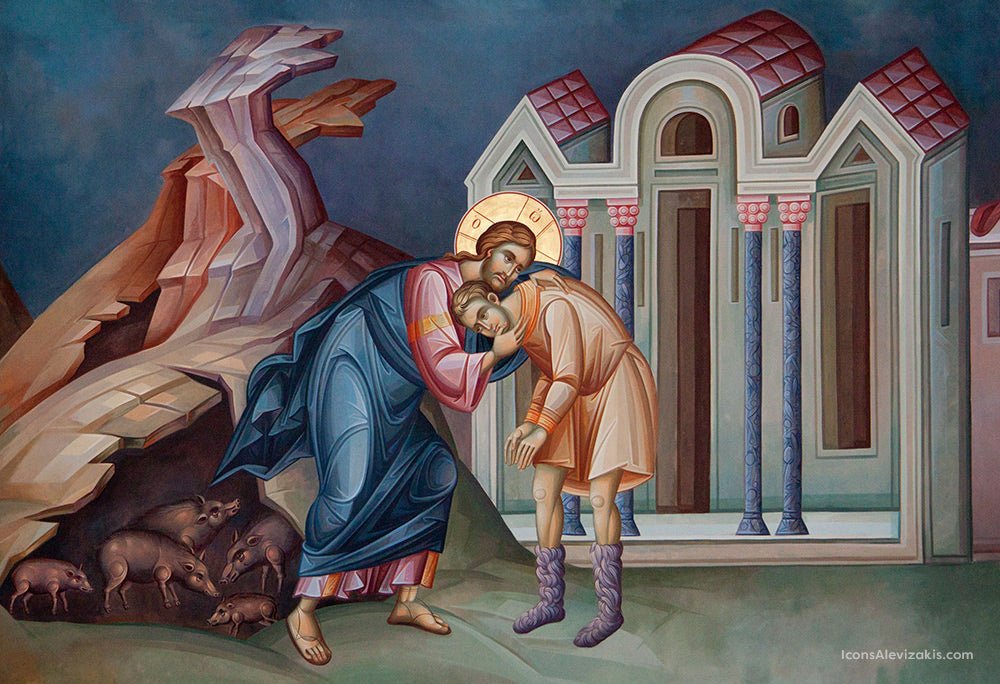
God is not a monster; He is not a tyrant; He is not unjust. Instead, He is a father; He is a mother; He deals mercifully with His creation, and acts with love towards us who are created in His image. This is the picture that the Apostle Paul paints in today’s Epistle reading; that God is not abusive, nor does he exact justice upon us, but instead He conducts Himself with compassion and mercy.
Continue reading

Time impresses itself on our attention most frequently when we realize that it will come to an end. At these moments, what comes to the fore is the vanity of much of what we do, the pettiness of our likes and dislikes, and the impermanence of all that we hold dear. It motivates us to change, to become better, to live our life differently. Yet, this surge of enthusiasm wears off. How is it that a near-death experience, a bout with cancer, or the loss of a loved one draws us into such an atmosphere without our consent, the value of which is evident to us but seems so fleeting as time moves on and we become forgetful of those moments?
Continue reading
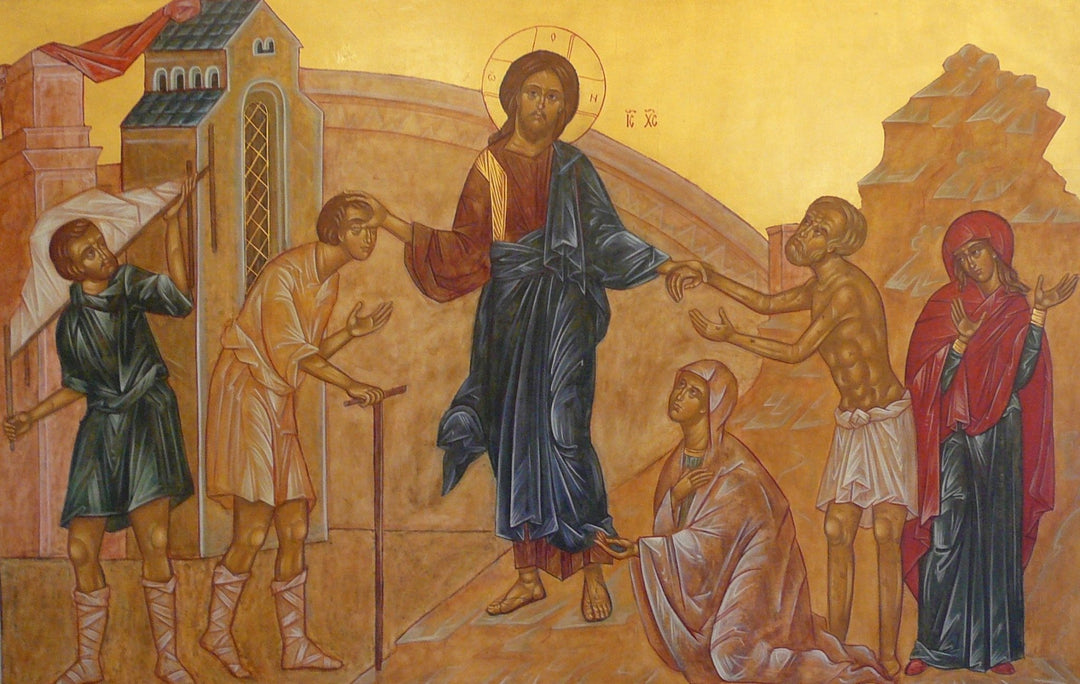
In the Epistle appointed for this Sunday, we hear St. Paul instructing us in a very important truth concerning the Holy Scriptures: “For whatsoever things were written aforetime were written for our learning, that we through patience and comfort of the scriptures might have hope.” Such an understanding of the Scriptures is absolutely foundational to the Christian life: the Divine Scriptures are not merely stories about events that occurred halfway around the world many thousands of years ago, nor are they a collection of abstract and intellectual propositions concerning abstruse systems of theology. No, quite the contrary.
Continue reading





